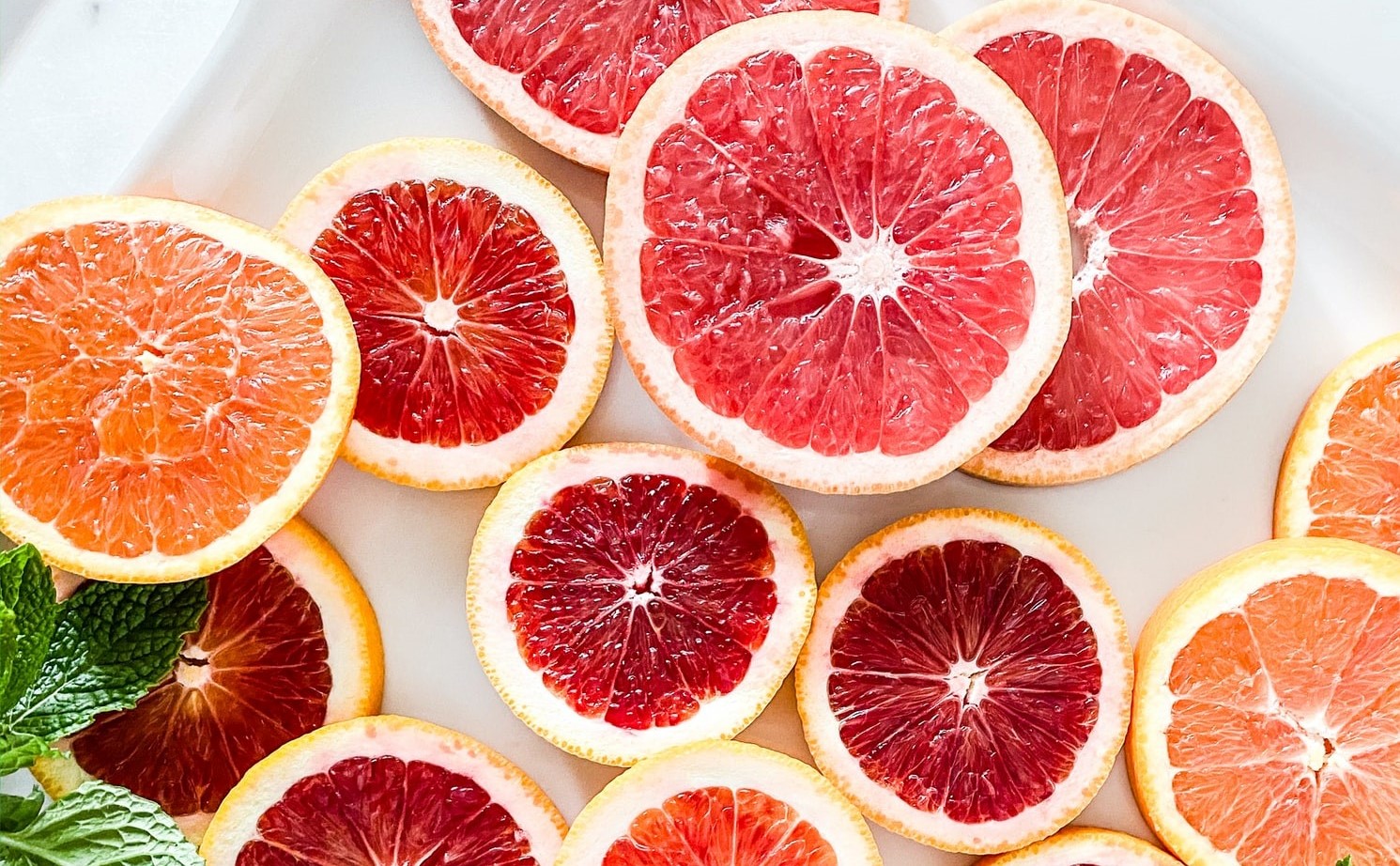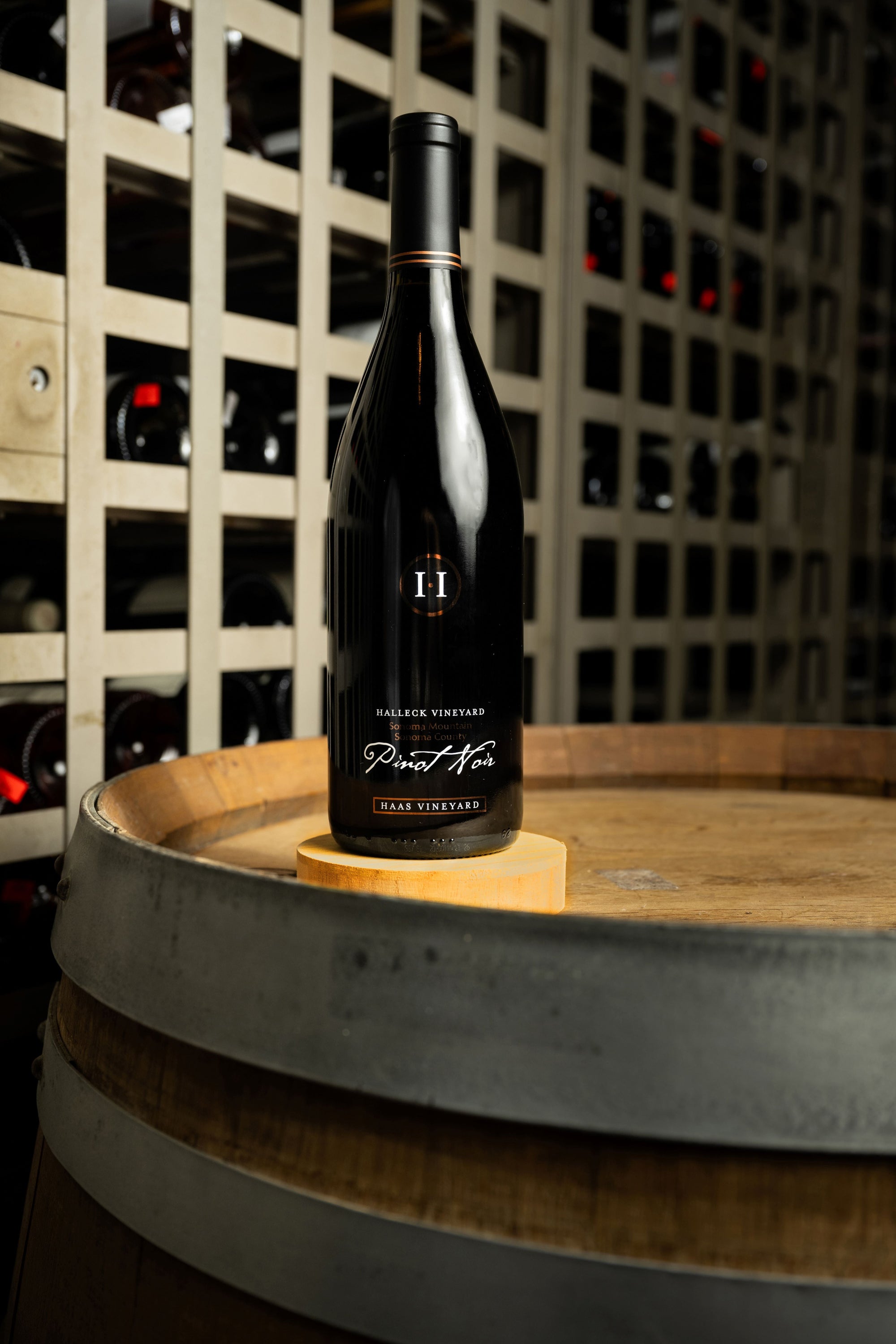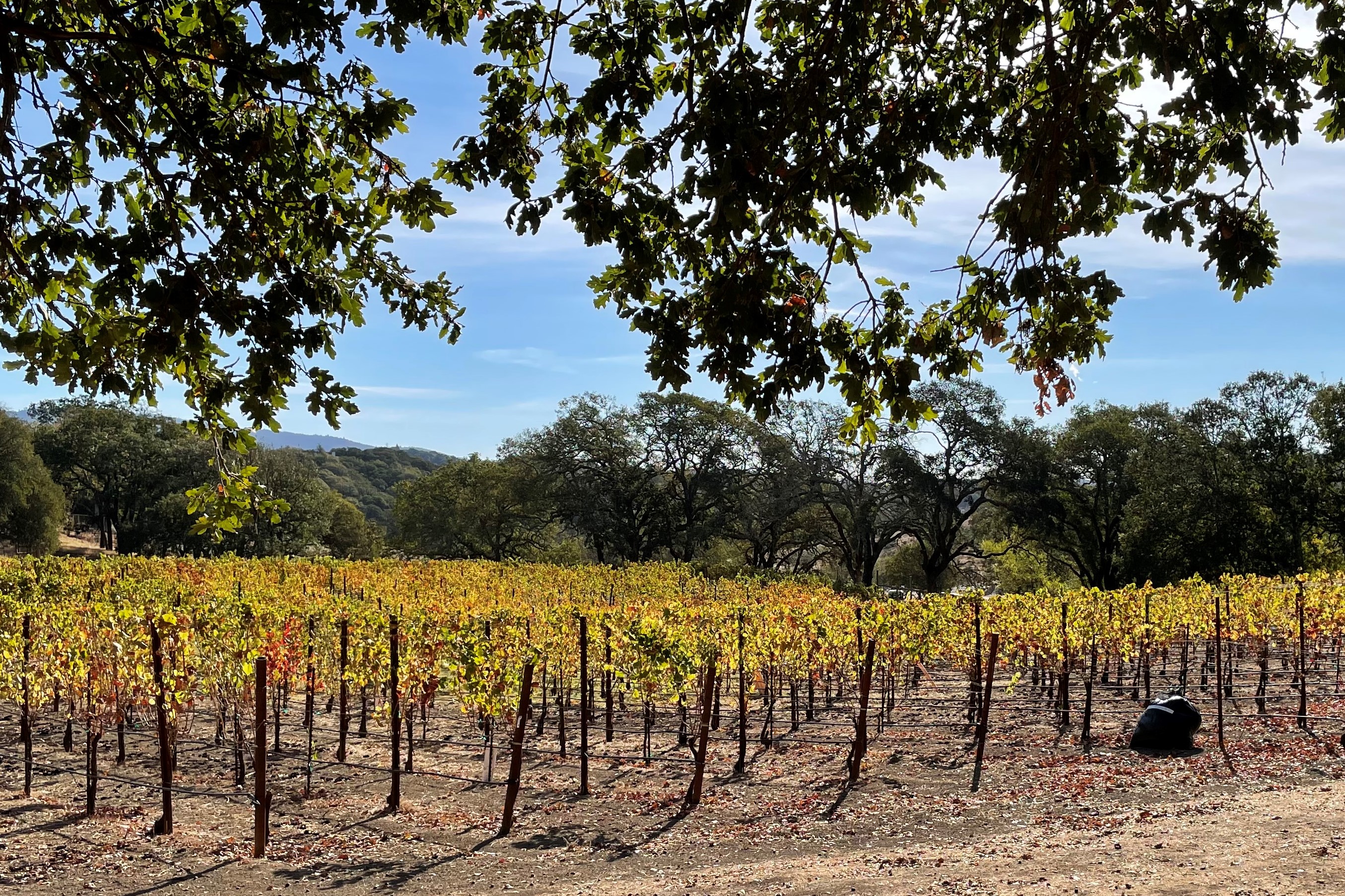Scenic Vineyard Tours In Sebastopol - Sonoma Wine Retreats
Scenic Vineyard Tours In Sebastopol - Sonoma Wine Retreats
Blog Article
Wineries Perfect For A Relaxing Afternoon - Sonoma Vineyard Tours
Wine tasting is often regarded as an art kind, one that goes beyond merely having fun with a beverage. It embraces a fancy interaction of flavors, aromas, and textures that requires devoted practice to actually master. Many who venture into the world of wine tasting quickly realize that it includes much more than simply sipping wine. Improving sensory skills by way of dedicated winery wine tasting can elevate the experience, reworking an informal drinking occasion into a complicated exploration of the senses.
At a primary stage, wine tasting engages the senses of sight, odor, taste, touch, and even sound. Every element performs a vital role in appreciating the nuances of a wine. When one first pours a glass of wine, the rich hues can provide initial insights into its age and varietal. Observing the colour and readability helps kind expectations concerning the wine's flavor profile. Many don’t fully respect how this visible assessment can set the stage for what is to follow.
The subsequent step is to have interaction the sense of smell. Swirling the glass aerates the wine, allowing its volatile compounds to flee and fill the air with its bouquet. The nose entails some fascinating layers—different aromas can signal various features of the winemaking process, including the type of grapes used, fermentation strategies, and aging situations. Creating a keen sense of smell can be a game-changer in wine tasting.
Hidden Gem Wineries In Sonoma County - Sonoma's Finest Wineries
To enhance this sensory skill, wine enthusiasts are sometimes inspired to participate in devoted tastings at wineries. These tastings enable individuals to focus solely on the sensory experience (Intimate Wine Tasting Experiences In Sonoma). Tasting classes led by knowledgeable sommeliers or winemakers can offer insights into figuring out distinct aromas. Studying to differentiate between floral, fruity, earthy, and spicy notes can empower a taster to articulate their experience with higher precision.
As one practices their sensory abilities, they could discover that their taste preferences evolve. This transformation often happens after a number of tastings. A wine that initially seemed overwhelming might reveal hidden layers of complexity with a bit of experience. Understanding how to isolate individual flavors similar to acidity, sweetness, bitterness, and umami contributes considerably to the overall wine experience.
One Other essential component in enhancing sensory skills is the context by which wine is tasted. Environmental factors like temperature, lighting, and even the company current can affect perceptions. At a winery, an optimal setting can cut back distractions and allow a more profound exploration of the wine (Affordable Wine Tastings In Sonoma County). Training conscious tasting techniques encourages a extra immersive experience, permitting tasters to hone in on their senses.
It is not solely about individual perception, though. Engaging with others throughout a tasting can even enhance sensory skills. Sharing notes and discussing impressions fosters a deeper understanding of the wine. This collaborative method encourages individuals to articulate their sensory experiences, thereby broadening their linguistic repertoire related to wine tasting.
Wine Tasting Experiences With Local Cheese - Wine Tasting In Sonoma County
Additionally, pairing wine with food can considerably improve the tasting experience. Completely Different mixtures can bring out unique flavors in each the wine and the dish. As one tastes a wine alongside explicit foods, they'll begin to acknowledge how sure components within the wine complement or contrast with what they are consuming. This skill of pairing is one other layer that enriches sensory improvement.
Training one’s palate can contain a wide selection of exercises. Some enthusiasts engage in systematic tasting experiences, sampling a variety of wines that showcase different varietals, areas, or vintages. Exploring this range can sharpen the ability to discern nuances throughout totally different wine profiles. Over time, this practice builds a psychological library of flavors that can be accessed during future tastings.
Notably, written notes serve a dual function: organizing one’s thoughts and reinforcing memory. By writing down observations about every wine, tasters can observe their progress over time. Detailing the traits of wines assists in solidifying knowledge, ultimately deepening one’s appreciation of what they consume.
Furthermore, attending workshops or classes focused on sensory evaluation may also be useful. Many wineries provide these instructional packages to assist individuals refine their skills. Typically, educated instructors guide individuals via structured tastings, specializing in particular elements of the wine. This stage of training reinforces the sensory skills asynchronously and challenges tasters to think about their experiences from totally different angles.
Wineries Featuring Seasonal Wine Events In Sonoma - Sonoma Wine Tasting Spots

Over time, the commitment to enhancing sensory skills via devoted winery wine tasting can yield significant rewards. The enjoyment derived from wine turns into layered and multifaceted. No longer limited to a easy choice for "red" or "white," tasters start to appreciate the tales behind each pour. They domesticate a palette capable of navigating the complicated panorama of flavors with confidence.
In conclusion, the journey of enhancing sensory skills via devoted winery wine tasting is as rewarding as it is enjoyable. It requires focus, commitment, and a willingness to learn, however the outcomes far exceed the preliminary effort. By engaging multiple senses and participating in thoughtful discussions, individuals not only become more adept at figuring out flavors but also develop a deeper appreciation for the craftsmanship behind each bottle. The process transforms wine from a mere beverage into a rich tapestry of sensory exploration that beckons enthusiasts to delve deeper. As skills improve, so too does the enjoyment, enriching life experiences one sip at a time.
Wineries That Host Harvest Festivals - Sebastopol Vineyard Visits
- Engaging the palate via diverse wine varieties enhances the flexibility to differentiate flavors and aromas, refining total sensory notion.
- Participating in guided tastings promotes centered attention on delicate traits of every wine, nurturing crucial tasting skills.
- Studying to determine specific grape varieties fosters a deeper understanding of terroir, which aids in recognizing regional flavor profiles.
- Incorporating food pairings throughout tastings can heighten sensory consciousness, as completely different tastes can influence one another and alter perceptions.
- Training the art of swirling and nosing wines allows individuals to connect olfactory cues with taste, improving the power to articulate sensory experiences.
- Attending workshops that emphasize blind tastings trains members to rely purely on their senses rather than preconceived notions, enhancing objectivity.
- Elevating sensory skills can result in better wine selection talents, empowering people to make informed decisions based mostly on personal preferences.
- Engaging with knowledgeable sommeliers offers insights into wine-making processes, which deepens sensory appreciation and enhances vocabulary for describing wines.
- Common participation in tastings encourages memory growth of flavors and aromas, aiding within the formation of a customized sensory profile over time.
- Sharing tasting experiences with peers fosters dialogue, selling communal studying that can improve individual sensory skills by way of collaboration.undefinedWhat is the purpose of bettering sensory skills via wine tasting?

Bettering sensory skills via wine tasting allows people to reinforce their capacity to establish and respect the varied aromas, flavors, and textures of wine. This heightened sensory consciousness can result in a deeper understanding of wine and an overall enriched tasting experience.
Local Favorite Wineries In Sonoma - Sonoma Wine Tastings
How can I develop my sensory skills at a winery?
You can develop your sensory skills at a winery by collaborating in guided tasting periods that concentrate on specific varietals. Engage with educated staff who can present insights and encourage you to take notes on your impressions, enhancing both your observational and descriptive skills.
What should I anticipate during a devoted wine tasting experience?
Wineries In The Heart Of Sonoma County Wine Region - Vineyards In The Sonoma Region
During a dedicated wine tasting experience, count on to sample a selection of wines while receiving focused training about every one. You Will learn concerning the winemaking course of, tasting techniques, and tips on how to discern completely different sensory traits, all in a relaxed surroundings.

Is prior knowledge of wine necessary to profit from a sensory skills workshop?
- Wineries Promoting Wine Club Memberships
No prior data of wine is critical; the workshops are designed for all ranges of experience. Novices will find priceless info to construct from, while seasoned tasters can refine their skills and expand their palate even additional.
How do sensory skills impact my total wine appreciation?
Quaint Wineries In Picturesque Settings In Sebastopol - Wine Tours And Tastings In Sebastopol
Enhancing sensory skills significantly enhances your general wine appreciation by allowing you to identify subtleties and complexities in wines. This deeper understanding enriches your tasting experience and helps you make knowledgeable alternatives based mostly on personal preferences.
Are there particular techniques I should use while tasting wine click over here to enhance my sensory skills?
Affordable Wine Tastings In Sonoma County - Celebrated Wineries Around Sebastopol
Yes, using techniques such as the "SWOT" methodology (Sight, Swirl, Odor, Sip, Savor) can be helpful. Pay consideration to the wine's look, aromatics, and mouthfeel, and take your time with each sip to fully explore the flavors and sensations.
What kind of wines are typically included in sensory skills tastings?
Sometimes, sensory skills tastings embody quite so much of wines that showcase totally different regions, varietals, and styles. This variety helps participants determine distinct characteristics and enhances their ability to distinguish between wines.
Can sensory skills workshops be personalized to my tasting interests?
Sonoma's Top Sparkling Wine Producers - Best Wineries In Sonoma For A Wine Experience
Many wineries supply personalized options for sensory skills workshops, permitting you to focus on particular kinds of wines or themes that curiosity you, similar to organic wines important source or unique regional choices. It's finest to inquire directly with the winery for tailor-made experiences.
Is there a way to practice sensory skills after leaving the winery?
Sure, you'll have the ability to practice your sensory skills at home by tasting completely different wines and keeping a tasting journal. Experimenting with numerous food pairings and aromatics can further enhance your understanding of how flavors work together, reinforcing the skills gained at the winery. Report this page